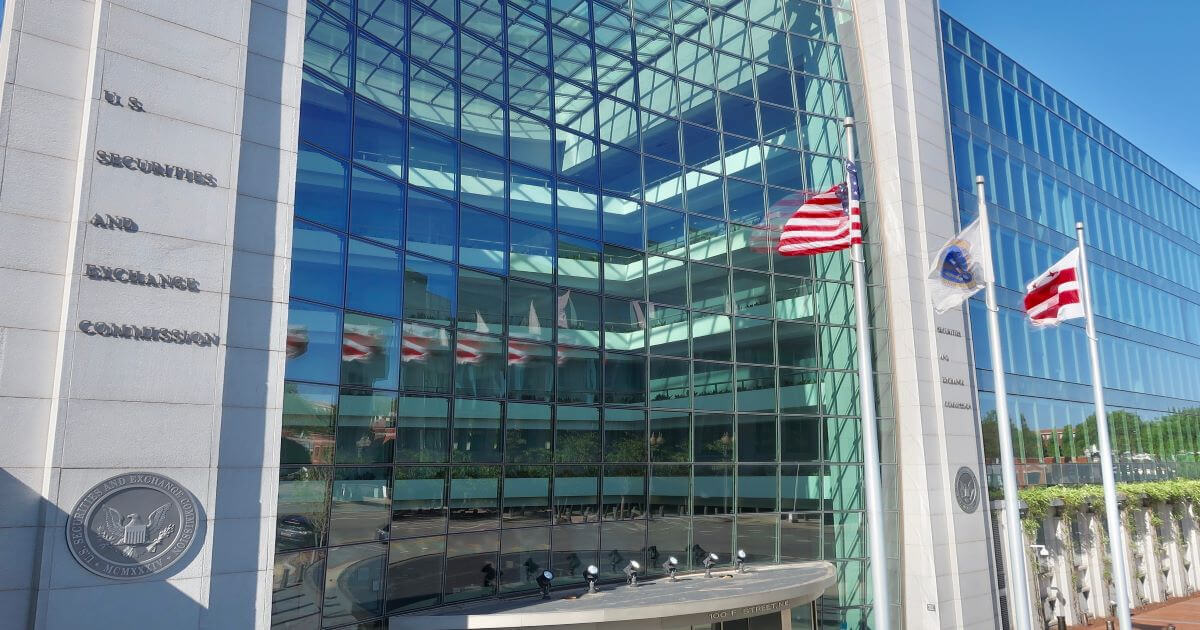US SEC and FINRA Issued Latest Custody Guidance on Digital Assets Securities
Henry Chan Jul 09, 2019 16:00
The United States Securities and Exchange Commission (SEC) and the Financial Industry Regulatory Authority (FINRA) issued a statement addressing regulatory issues regarding the custody of digital asset securities on 8 July.


The United States Securities and Exchange Commission (SEC) and the Financial Industry Regulatory Authority (FINRA) issued a statement addressing regulatory issues regarding the custody of digital asset securities on 8 July.
The recent statement highlighted that any entity involved in the transactions with digital asset securities must register with the SEC as a broker-dealer, and broker-dealers are required to “safeguard customer assets and to keep customer assets separate from the firm’s assets” under the Customer Protection Rule.
It was noted that some broker-dealers engage in digital asset securities without custody functions. Such noncustodial activities do not raise the same level of concern as long as the activities are compliant with relevant securities laws, SRO rules, and other legal and regulatory requirements. An example of a non-custodial activity is a digital wallet, where an issuer settles the transaction between the buyer and the issuer. The broker-dealer only instructs the customer to pay the issuer directly and issuers to issue digital asset security to the customer directly.
The SEC recognized the custody of digital asset is exposed to fraud, theft, and the possibility of losing private keys. The regulators urged broker-dealer to comply with Rule 15c3-3, hold in possession, or control digital asset securities. Besides, regulators also raised concerns that the other party could have a copy of the private key and transfer the digital asset security without the consent of the broker-dealer. As a result, the broker-dealer might not be able to reverse or cancel mistaken or unauthorized transactions despite the private key is held by the custodian.
Image source: Shutterstock
.jpg)